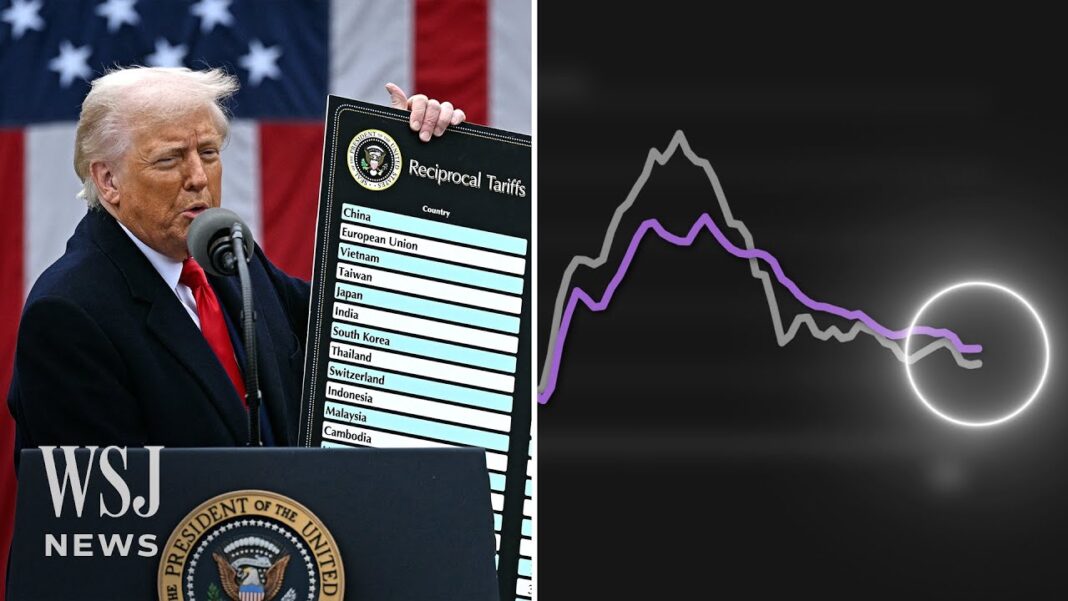Companies could be absorbing tariff-driven price increases rather than passing costs onto consumers.
The producer price index (PPI)—a measure of prices paid by businesses for goods and services—rose less than expected in May, signaling that tariff-related inflation effects have yet to materialize.
According to the Bureau of Labor Statistics, the PPI increased by 0.1 percent last month, following an upwardly revised 0.2 percent decline in the previous month. Goods inflation jumped 0.2 percent, while services rose 0.1 percent.
Core producer prices, which strip out the volatile energy and food components, also rose 0.1 percent in May.
Both readings came in below economists’ expectations.
On a 12-month basis, PPI inflation inched higher, to 2.6 percent from 2.5 percent in April. Core PPI inflation slowed to a lower-than-expected 3 percent from 3.2 percent.
The PPI excluding food, energy, and trade services also edged up by 0.1 percent last month.
Market watchers monitor the PPI because it can serve as a precursor to future consumer inflation, as it occurs early in the supply chain.
New PPI numbers follow a tepid 0.1 percent increase in the consumer price index (CPI) last month, falling short of expectations. Meanwhile, the headline annual inflation rate edged up to 2.4 percent, slightly below the projected 2.5 percent.
Eric Teal, the CIO of Comerica Wealth Management, suggests that the lack of inflation may depend on the “absorption rate” of businesses and foreign suppliers.
“We believe that the majority of the tariffs will eventually get passed to the consumer, but companies are cautious at this juncture about passing along the price increase,” Teal said in a note emailed to The Epoch Times.
This pattern mirrors the dynamics observed during President Donald Trump’s first term. Despite a sharp rise in wholesale prices in 2018 and 2019, consumer prices remained stable, indicating that U.S. businesses absorbed the increased costs rather than passing them on to consumers.
Will this time be different? Business surveys indicate that companies have been passing tariff-related costs to customers.
The Federal Reserve’s latest Beige Book—a periodic report summarizing economic conditions across the central bank’s 12 districts—revealed a moderate increase in prices, and businesses anticipate inflationary pressures “to rise at a faster rate going forward.”
“A few Districts described these expected cost increases as strong, significant, or substantial. All District reports indicated that higher tariff rates were putting upward pressure on costs and prices,” the report stated.
In addition, companies identified different response mechanisms, such as trimming profit margins, adding temporary fees or surcharges, and increasing prices are affected products.
By Andrew Moran








